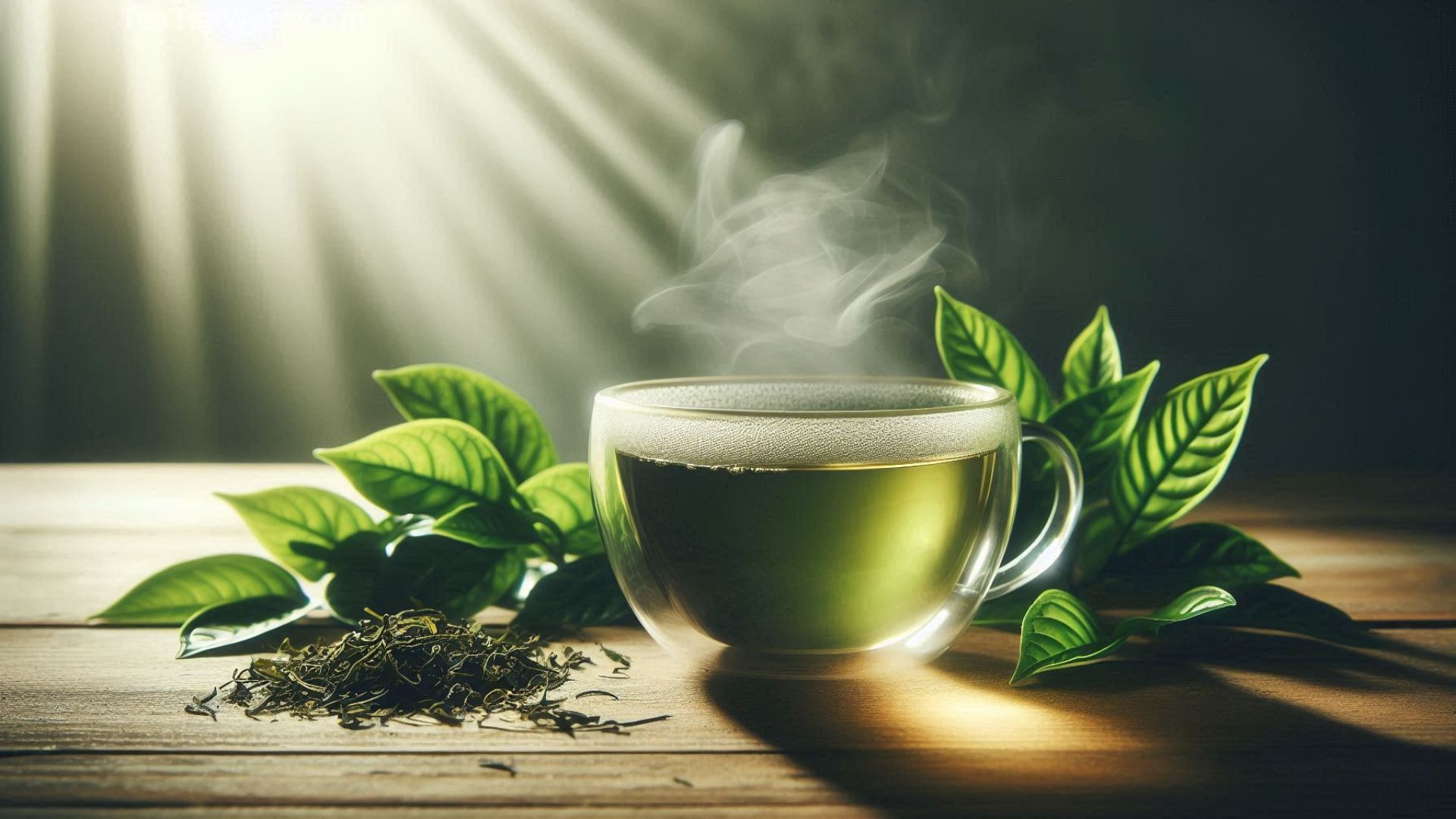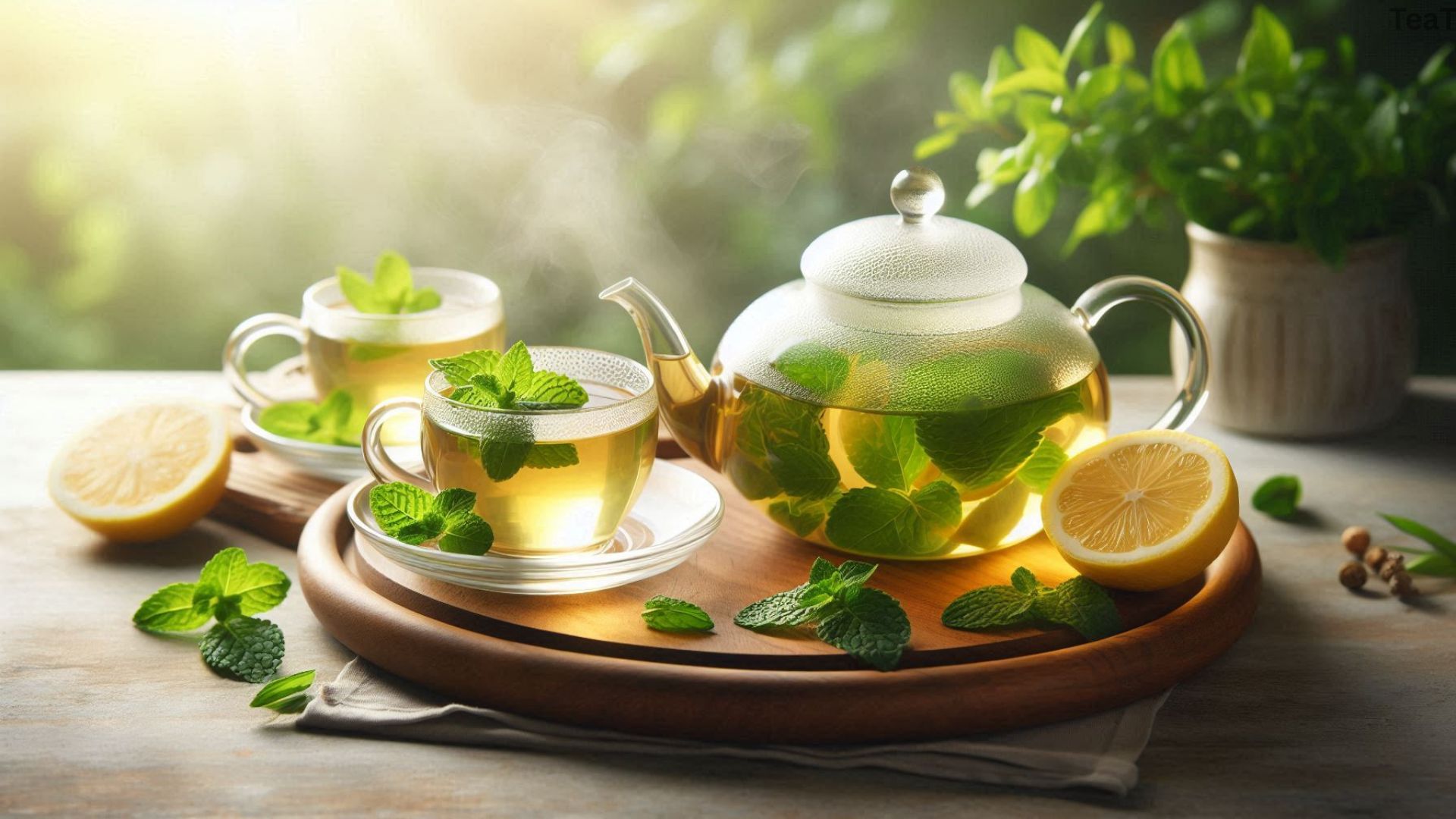Green tea isn’t just a popular beverage—it’s a health powerhouse. Loved worldwide for its refreshing taste and calming properties, it also offers remarkable digestive benefits. Among the many varieties, matcha stands out for its high antioxidant content. Just one cup of matcha delivers the antioxidant power of three cups of regular green tea, thanks to EGCG (epigallocatechin gallate), a potent compound linked to improved digestion, heart health, and even stress reduction.
In this comprehensive guide, we’ll explore why green tea is good for digestion, the best brewing methods, and practical tips to make it a daily wellness habit.
A Brief History of Green Tea
Green tea has a history spanning nearly 5,000 years, originating in ancient China. Legend credits Emperor Shen Nong with its discovery, and over centuries, it became central to Chinese culture and medicine.

The tea eventually traveled to Japan, where it became a cornerstone of ceremonies such as chanoyu, emphasizing mindfulness, harmony, and the art of preparation. By the 16th century, European traders introduced green tea to the West, and it quickly gained popularity for both its flavor and health benefits.
Today, green tea is a daily ritual for millions, enjoyed hot, cold, or as an ingredient in foods and beverages.
Why Green Tea Supports Digestion
Green tea contains catechins, antioxidants that reduce inflammation and promote healthy gut function. Here’s how it benefits digestion:
- Stimulates digestive enzymes: Green tea may encourage the production of enzymes that help break down food efficiently.
- Supports gut microbiota: Studies suggest catechins promote the growth of beneficial gut bacteria.
- Reduces bloating and discomfort: L-theanine in green tea can relax the digestive tract, easing mild stomach discomfort.
- Aids in fat metabolism: Green tea has been linked to a slight increase in calorie burning and fat absorption efficiency, supporting digestive health indirectly.
Expert tip: Drinking 1–2 cups daily, especially after meals, can optimize digestion and reduce occasional bloating.
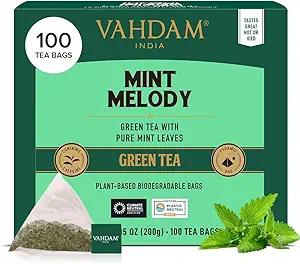
VAHDAM
High-quality loose-leaf green tea packed with antioxidants and known for aiding digestion. Sourced from the Himalayas and naturally soothing.
Also Read: How to Pack Teaware for Travel Without Breaking It
Types of Green Tea to Explore
Green tea isn’t a one-size-fits-all beverage. Each type offers unique flavors, aromas, and health benefits:
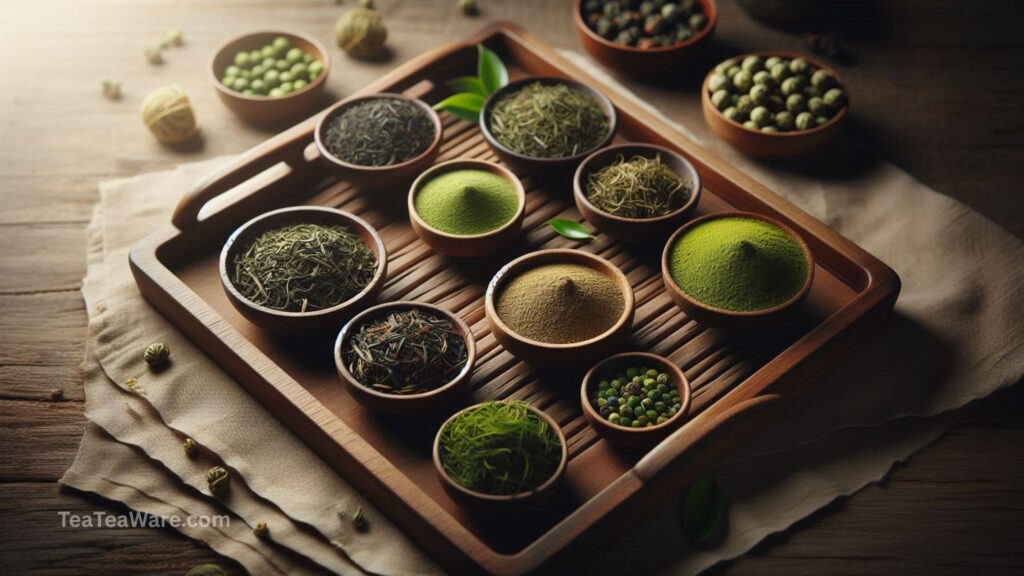
| Type | Flavor Profile | Digestive Benefits | Best Pairings |
|---|---|---|---|
| Matcha | Rich, grassy, slightly sweet | High in antioxidants and EGCG | Pastries, mochi, chocolate |
| Sencha | Light, grassy | Gentle on the stomach | Sushi, steamed fish |
| Gunpowder | Smoky, bold | Supports enzyme activity | Grilled or smoky dishes |
| Hojicha | Roasted, caramel-like | Soothing for digestion | Desserts, roasted meats |
| Kukicha | Mild, nutty | Low caffeine, easy on digestion | Light snacks |
| Yuzu Bancha | Citrusy, roasted | Refreshing, aids metabolism | Salads, light seafood |
Trying different types lets you find your favorite flavors while naturally supporting digestive wellness.
How to Brew the Perfect Cup
The way you brew green tea directly affects its taste, antioxidants, and digestive properties. Here’s a step-by-step guide:
1. Choose Quality Tea
Opt for loose-leaf or premium tea bags. High-quality teas, like Numi’s Organic Green Tea, retain more antioxidants and flavor.
2. Mind the Water Temperature
- Sencha, Gunpowder, Kukicha: 160–175°F (70–80°C)
- Matcha: 175°F (80°C)
Avoid boiling water, which can make tea bitter and destroy delicate catechins.
3. Steeping Time
- Loose-leaf: 1–3 minutes
- Matcha: Whisk ½–1 tsp in hot water until frothy
4. Experiment for Personal Taste
Longer steeping increases strength but may add bitterness. Adjust until you find your perfect balance.
5. Optional Enhancements
- Lemon or ginger for extra digestive support
- Honey or stevia for mild sweetness
Pro tip: Cold-brewed green tea retains its antioxidants and is refreshing for hydration without added sugar.
Green Tea in Traditional Medicine
Across cultures, green tea has been recognized for its digestive and holistic benefits:
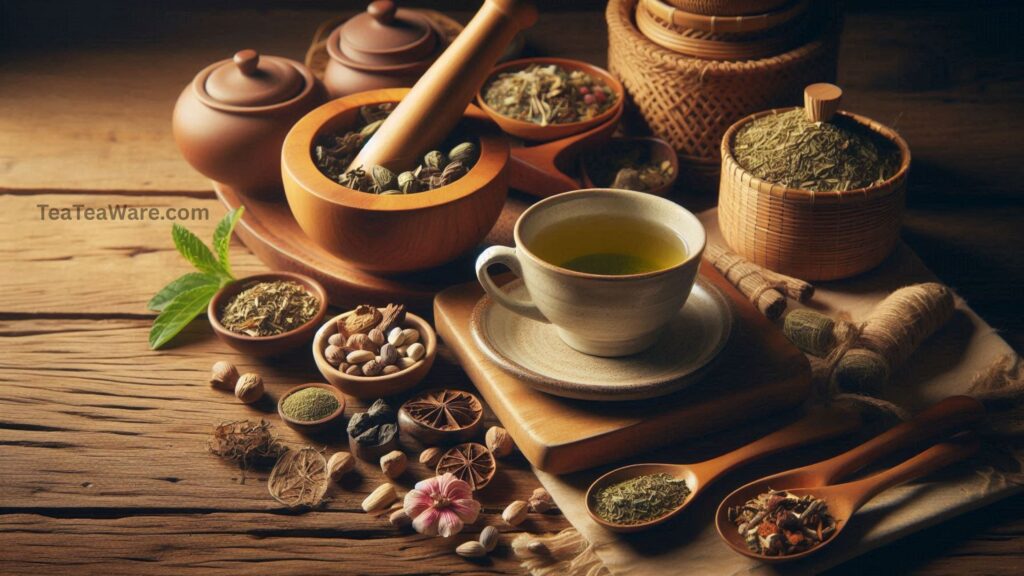
- Chinese Medicine: Used as a detoxifying beverage and to support gut health.
- Japanese Tradition: Matcha supports focus during meditation and enhances overall well-being.
- Ayurveda (India): Green tea is believed to boost metabolism, aid digestion, and promote vitality.
Integrating green tea into your routine is a gentle way to combine modern science with ancient wisdom.
Food Pairings That Enhance Digestion
Pairing green tea with the right foods can maximize flavor and digestive benefits:
- Sencha: Sushi, steamed fish, or light vegetable dishes
- Gunpowder: Grilled meats or smoky flavors
- Hojicha: Rich desserts or roasted dishes
- Matcha: Sweet treats, pastries, or chocolate
Fun tip: A green tea tasting session with different varieties and food pairings can be a delightful digestive-friendly activity.
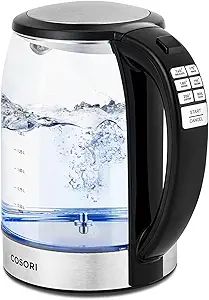
COSORI Electric Kettle
Brewing green tea at the right temperature (around 175°F/80°C) is key to preserving its digestive enzymes and avoiding bitterness.
Also Read: Teaware in Turkish Tea Culture: A Deep Dive
Making Green Tea Part of Your Day
Incorporating green tea doesn’t have to be complicated:

- Morning boost: Replace your coffee with a cup of matcha latte for gentle energy.
- Afternoon focus: Steep a cup of Sencha to stay alert without caffeine jitters.
- Evening relaxation: Hojicha’s low caffeine content makes it perfect for winding down.
- Creative uses: Blend matcha into smoothies, baked goods, or even salad dressings.
The key is consistency. Regular consumption enhances both digestive benefits and overall wellness.
Conclusion
Green tea is more than just a refreshing beverage—it’s a digestive ally, a source of antioxidants, and a versatile wellness tool. Whether you prefer matcha, Sencha, or Hojicha, properly brewed green tea can support gut health, reduce bloating, and enhance overall well-being.
Start small, explore different varieties, experiment with brewing methods, and pair it with foods that complement its flavors. Over time, green tea can become a simple, enjoyable way to support your digestion and health.
Call to Action: Explore premium green tea varieties today and discover the perfect cup that enhances both your digestion and daily wellness.
Frequently Asked Questions
Q1. Can green tea help with bloating?
Yes, its antioxidants and L-theanine can relax the digestive tract and reduce mild bloating.
Q2. How many cups of green tea are safe per day?
1–3 cups daily is generally safe for most people. Excess caffeine may cause mild jitters.
Q3. Does matcha aid digestion more than regular green tea?
Yes, matcha contains higher levels of catechins since you consume the entire leaf, providing more antioxidants.
Q4. Can green tea interfere with medication?
Green tea may interact with blood thinners or stimulant medications. Consult your doctor if unsure.
Q5. Is it better to drink green tea hot or cold?
Both methods retain antioxidants; cold-brewing is less bitter, while hot tea enhances flavor.

